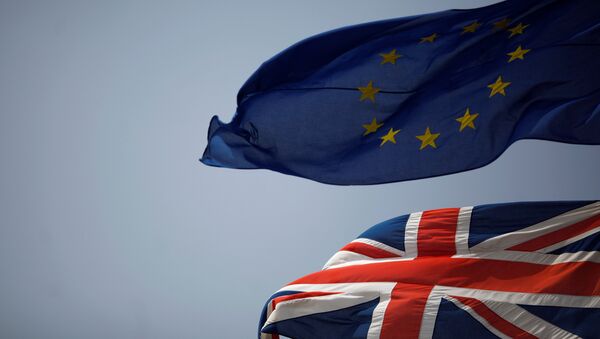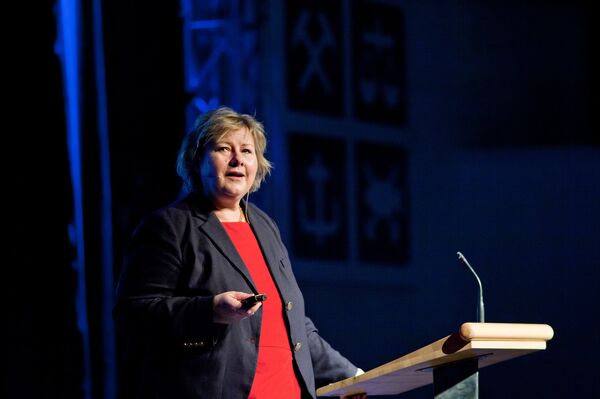British Prime Minister Theresa May intends to begin the process for Britain exiting the EU in March 2017. Notoriously byzantine EU rules and regulations have made the exit process highly complex. No sovereign nation has left the EU, making the process uncharted territory for both British and EU officials. May has kept her negotiating strategy quiet, claiming that revealing it would place the UK at a disadvantage.
EU member states have their trade negotiations handled by the European Commission in Brussels. For the last 43 years, Great Britain's multilateral foreign negotiations have been handled by a force outside its government, indicating that they likely have few experienced negotiators to call upon.
"Serious multilateral negotiating experience is in short supply in Whitehall, and that is not the case in the (European) Commission or in the (European) Council," wrote Sir Ivan Rogers, a former British ambassador to the EU who resigned on Tuesday January 3. Rogers was replaced by Sir Tim Barrow, the UK's former ambassador to Russia, who the British government has described as a "seasoned and tough negotiator."
Norway is not an EU member but has close ties to the supranational organization via membership in the European Economic Area (EEA) which allows for free movement of persons, goods, services, and capital, and the Schengen Area, which allows for travel between member countries without passport or border controls.
Some Britons support their island keeping Norway-esque ties to the EU after exiting, while others desire a "hard Brexit" that would see the United Kingdom leave the EEA (the UK never joined the Schengen Area). An October 2016 poll from the BMG Research Group found that a so-called soft Brexit was the slightly preferred option of 52 percent of Britons.
Solberg was doubtful that Britain could maintain a similar relationship to the EU as Norway, however. She said it would be "very hard" for the UK to accept EU decisions without a vote in the European Council. However, Solberg also said that she was hopeful that "we will find a solution that leaves Britain as a partner in a lot of the European activities that we need them to be a partner in."
The process of completing Brexit is anticipated to take at least two years.




